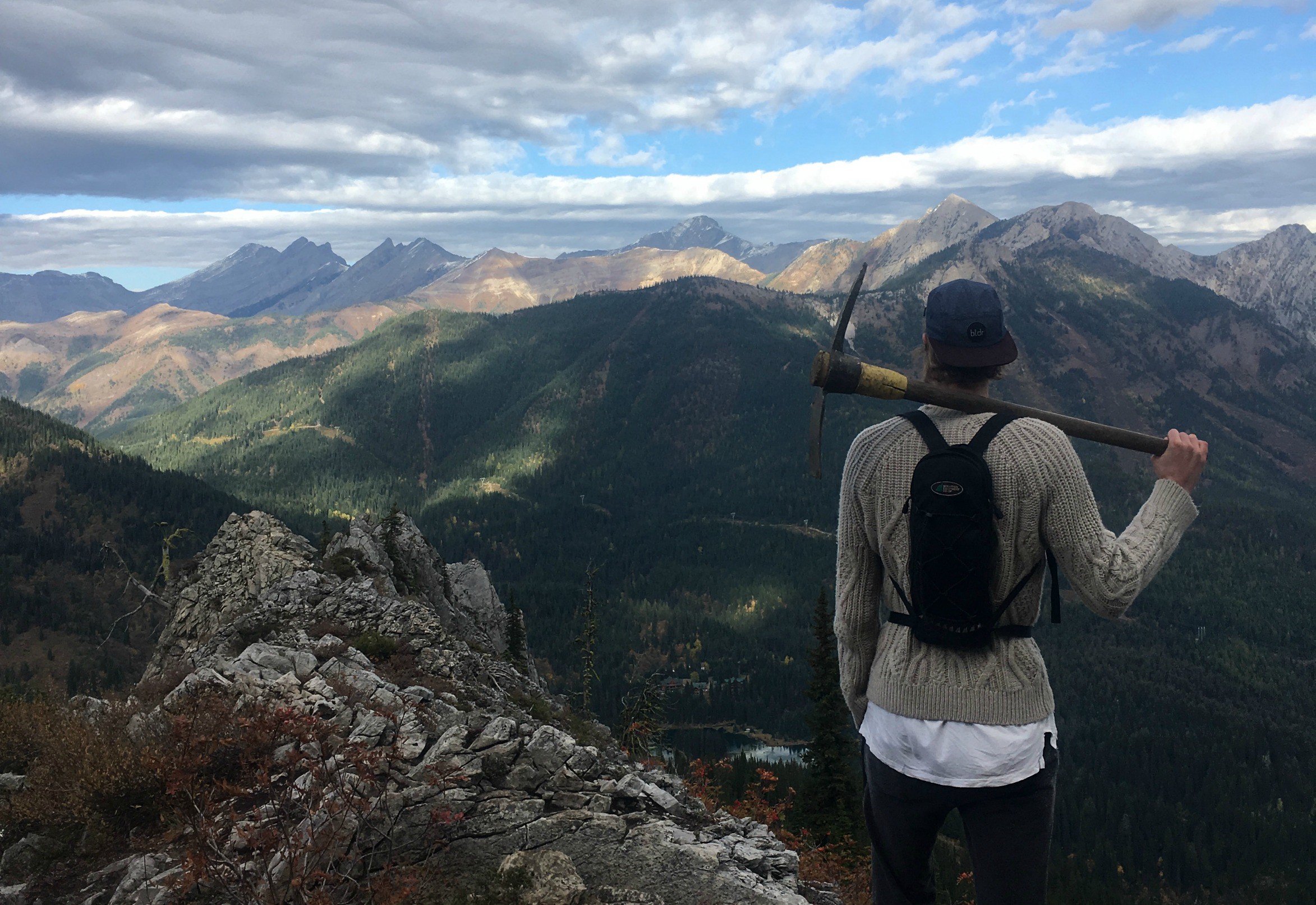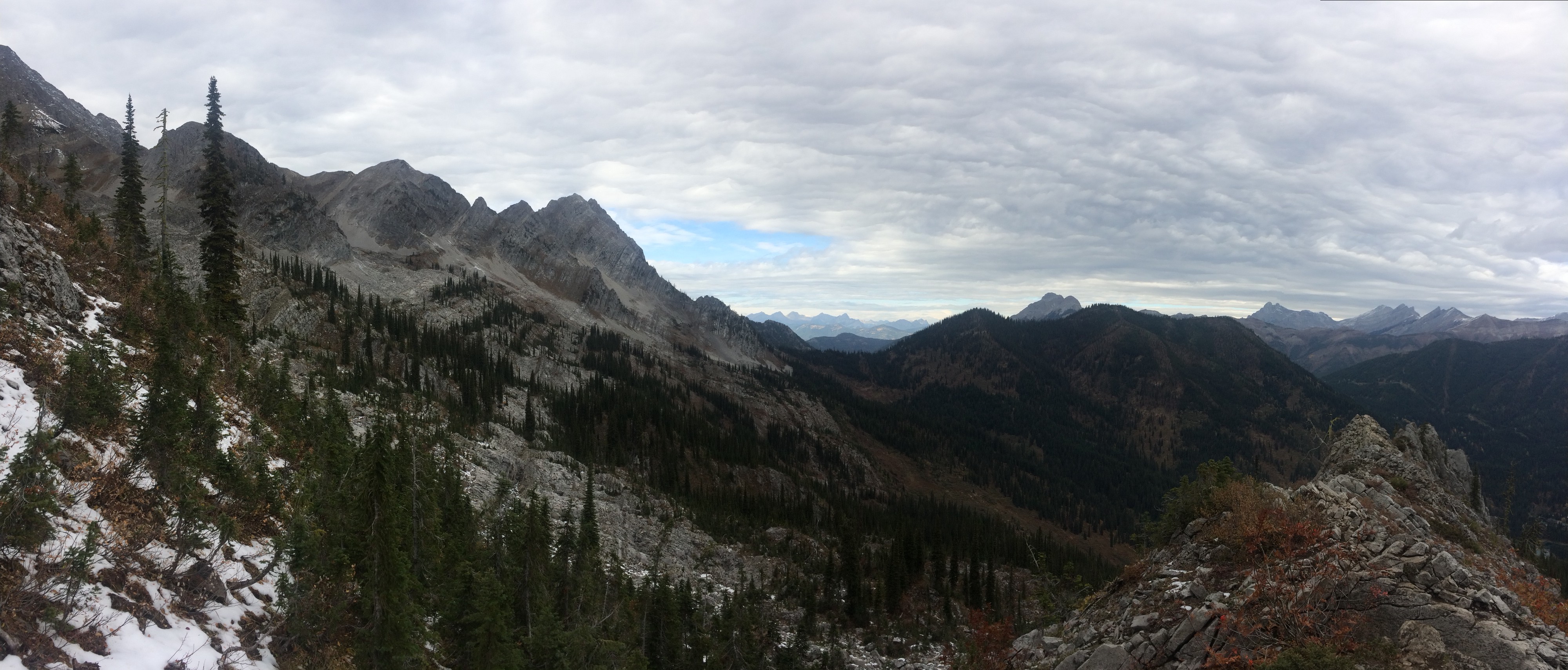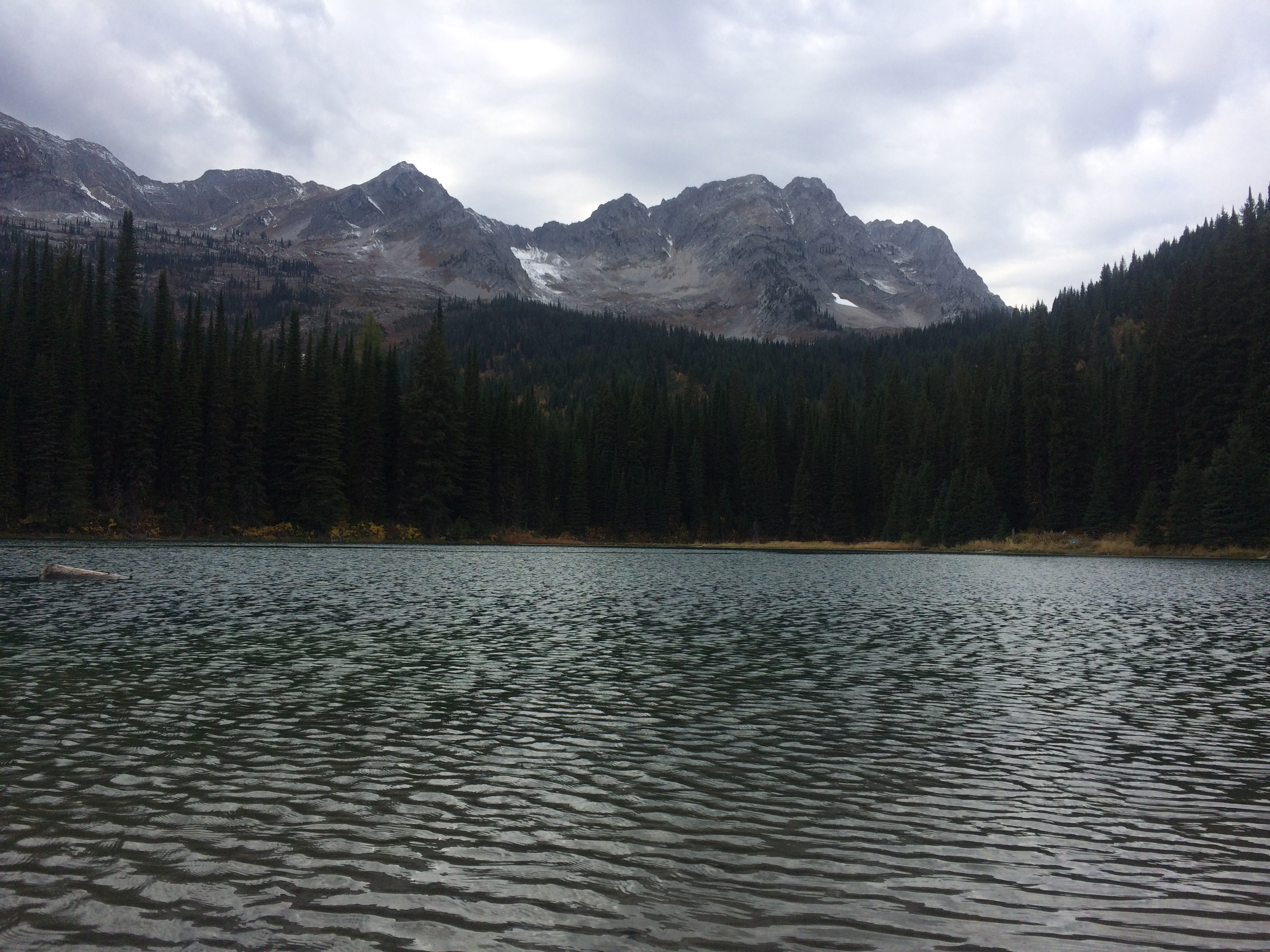
In the city, we often view mountains as places for recreation and leisure; as places for tourism — to camp, hike, sight-see, ski, snowboard, or bike. Mountains are destinations for wilderness escapes that offer solitude and feelings of grandeur. Mountain communities are constructed into imaginary landscapes of leisure to escape from the mundane. They are places of social, cultural, and political meaning that invoke contestations between Indigenous Peoples, communities, governments, conservation advocates, and developers. Often captured in pictures to share on social media or to hang on the walls of our homes, they are picturesque places of discovery that offer moments of nostalgia.
Mountains are more than this. With almost one billion people living in mountain areas and fifty-percent of the world’s population dependant on mountain regions for water, food, and clean energy — mountains matter. According to the United Nations (2017), people living in mountains are among the world’s hungriest and poorest. Ninety percent of mountain people live in developing countries and thirty-nine percent of those are vulnerable to food insecurity. Issues of out-migration and unsustainable tourism and development plague the poorer mountain communities.
Mountains are also important watersheds and habitat for wildlife. Grizzly and black bears, elk, caribou, wolves, wolverines, bighorn sheep, and many more iconic species live within mountain regions. Mountains are early indicators of climate change and quickly melting glaciers affect downstream water supplies. Edmontontians rely on the Saskatchewan Glacier, in the Columbia Icefield, and the headwaters of the North Saskatchewan River, located in the Bighorn Wildland, for drinking water.

““Personally, the mountains have provided me with a sanctuary where I can always escape in order to heal, reflect and find peace. ””
“— Charlotte Dawes, Student and 2016 Canadian Mountain Network Volunteer”

““Mountains challenge your soul, and push you to new places, all while reminding you they can never be owned.””
“— Kelly Fowler, Research Administrator, Faculty of Science”

““Personally, [mountains] are places where I go for inspiration, to play and relax, and to challenge myself when I climb them. And for the past 30 years mountains are where I go to conduct my research, fuel my curiosity about the natural world, and to teach my students. In 2002 I helped to organize a conference in Banff to celebrate the UN International Year of Mountains. And ever since then International Mountain Day is a reminder for me of how much we still need to learn about mountains places and peoples.”
“Mountains are one of the defining features of the Alberta landscape (take a close look at the University of Alberta crest and provincial coat of arms!), and my hope is that International Mountain Day, this year and every year, will be a reminder of their significance in our imagination, and for our society, environment and economy. Celebrate International Mountain Day!””
“— David Hik, Professor, Biological Sciences, Faculty of Science”

International Mountain Day (IMD), designated in 2002, was first celebrated in 2003 with the purpose of bringing focus to “sustainable development in mountain regions” and “eradication of poverty in mountain regions” (United Nations General Assembly, 2002). The theme for IMD 2017 is “Mountains Under Pressure: Climate Hunger Migration” and highlights how climate, hunger and migration are affecting highlands. We are joining mountain communities around the world in celebrating International Mountain Day with the University of Alberta Mountain Festival, running from December 4 to 11, hosted by the Canadian Mountain Network.
Canadian Mountain Network, Mountain Studies and Research Initiatives, Faculty of Science
The Canadian Mountain Network(CMN) is a voluntary alliance of partners from universities, governments, Indigenous communities, and businesses dedicated to the sustainability of mountain environments and communities across the country and around the world. The Canadian Mountain Network and its administrative centre is hosted at the University of Alberta in the Faculty of Science. — See more by visiting their website.
Note: This post was updated on November 30, 2017.